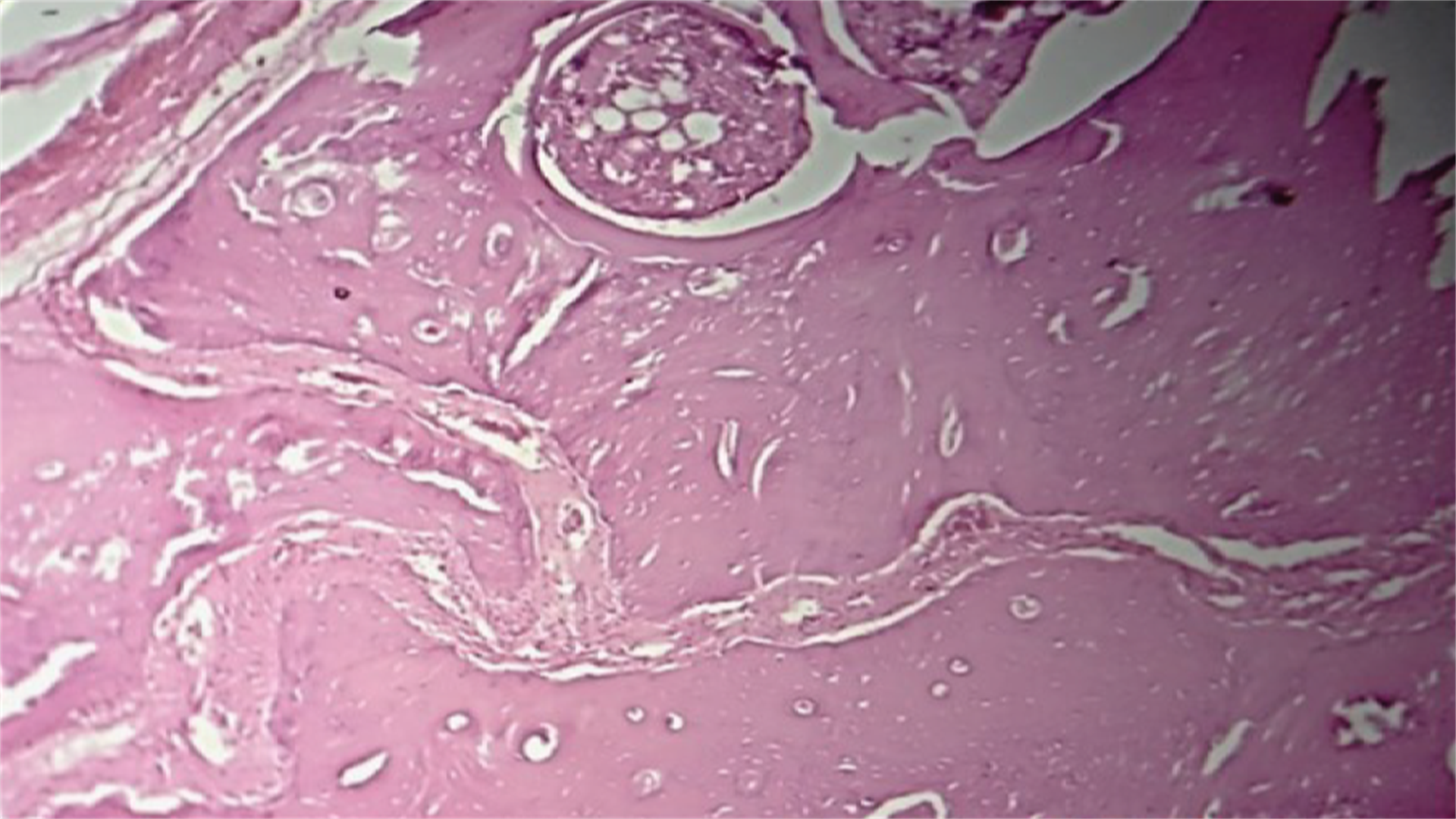DTU Health Tech facilities
Below you will find a selection of the excellent research facilities that exist at DTU Health Tech. We have gathered these here to indicate the many possibilities for doing exciting research at our department.

Cell and stem cell labs
Cell labs are dedicated to the study and manipulation of cells in controlled environments. Research and experiments in these labs can involve cell culture, genetic testing, and various cellular treatments to understand cell functions, drug effects, or disease processes.

Flow cytometry and imaging core (FLIC) facility
Flow cytometry is a technique that analyzes the characteristics of cells or particles as they pass through a laser, using fluorescence to identify different properties. Cell sorting, a process used with flow cytometry, separates cells into groups based on their fluorescent and physical traits, enabling detailed study or specific applications in research and medicine.

Histology laboratory
This lab specializes in studying the microscopic structure of tissues. Technicians and scientists prepare and examine tissue samples using dyes and slices to observe cellular details for medical diagnoses or research.

HPLC Maldi facilities
Combining High Performance Liquid Chromatography (HPLC) with Matrix-Assisted Laser Desorption/Ionization (MALDI), this lab focuses on analyzing chemical compounds, particularly proteins and peptides. It is used for precise separations and mass spectrometry analysis in biochemistry and molecular biology.

Microbiology core
Handling both cultivation of mammalian cells and microbiological organisms such as bacteria and yeast. This setup enables research into the interaction between pathogenic bacteria and their human host cells using cellular infection models.

Physiology lab
An electrophysiology lab with two eletrically and acoustically shielded booths for electroencephalography and otoacoustic emissions measurements

Audiovisual immersion lab (AVIL)
AVIL is a virtual environment for hearing research and enables a realistic reproduction of the acoustics of real rooms, and the playback of spatial audio recordings.

Conversation lab
The Conversation Lab is designed for experiments involving multiple participants. In this lab, we recreate real-life conversations in order to investigate how interactive communication behavior shapes our capacity to communicate successfully with each other.

Psychoacoustics lab
A psycoacoustics lab with four acoustically shielded listening booths used for audiometry, psychoacoustic and speech intelligibility experiments where sound is typically presented through headphones

Communication lab
The communications lab is used to investigate communication between two participants in order to learn how hearing loss or noisy environments effect conversations.

Clinic
An audiological clinic with equipment for audiometry, ear analysis, otoscopic inspection, and hearing aid measurements.

EPI flourisence microscopy
Employs fluorescence to produce high-contrast images of samples, enhancing the visualization of specific components within biological specimens.

Lattice light-sheet microscopy
Custom-built, uses laser light to measure vibrational energy shifts in molecules, allowing for the detailed analysis of a material's chemical composition and molecular structure.

Raman spectroscopy
Custom-built, uses laser light to measure vibrational energy shifts in molecules, allowing for the detailed analysis of a material's chemical composition and molecular structure.

Super-resolution optical imaging
Super-resolution optical imaging exceeds traditional limits by overcoming the diffraction limit of light, enabling molecular-level visualization. This technique uses structured illumination, stochastic reconstructions, and switchable fluorescent markers to enhance resolution and provide detailed views of cellular structures, crucial for understanding biological processes and diseases.

Biophotonic imaging lab
The Biophotonic Imaging Lab specializes in optical coherence tomography (OCT), offering high-resolution imaging for detailed analysis of biological tissues. This facility supports cutting-edge research and diagnostic applications in areas such as ophthalmology and dermatology, equipped with the latest OCT technology.

Mechanical workshop
The workshop offers mechanical prototyping and provide design, manufacturing, repair and reverse engineering for research and clinical needs. The workshop is equipped with a state-of-the-art 5 axis cnc machine and various other equipment.

Electronic workshop
The workshop offers among others electrical prototypes, electronic equipment repairs, and probes for NMR magnets. The workshop is equipped with a new 3D printer with the durable PETG filament and various other equipment.
If you want to learn more about the use of our facilities write to: healthtech-info@dtu.dk or read more about our products and services here



























